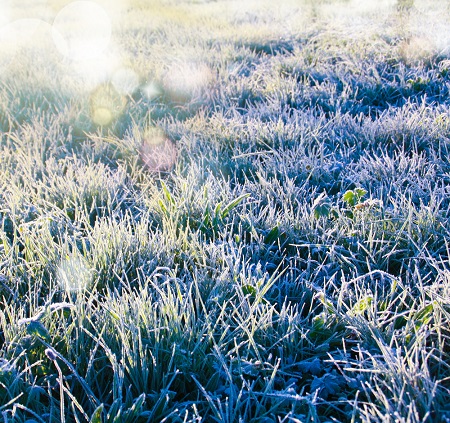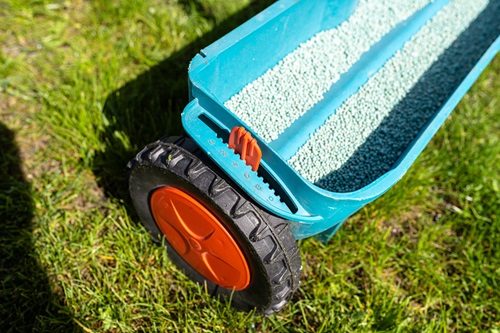
Winter is when people often forget about their lawns. It’s covered in snow, so there’s nothing you can do about it. Wrong! It is possible to cause severe problems for your grass in spring by causing damage to your lawn during winter. Here we will share some lawn care tips and how to prevent damage to your lawn in winter. This will ensure that your lawn is healthy and green in spring. You don’t have to deal with a huge problem.
Lawn Care Tips For Winter
WHAT IS A DORMANT LAWN?
A lawn that isn’t currently growing is called a dormant lawn. Although the grass might be dead or brown, it is still growing. Because it is too cold to allow photosynthesis to take place, grass goes dormant in winter. It has special needs to survive. Dormant grass can be damaged and cause problems in spring, such as dead patches or decreased growth.
HOW TO AVOID DAMAGING A DORMANT LAWN
There are many things you can do this winter to prevent damage to your dormant grass. These are some tips to remember:
BE WARY OF TOOLS
Avoid shoveling or raking snow from your lawn. This could cause damage to the grass and soil. To remove snow from your lawn, you can use a snowblower and a push-broom. If you can, try not to let snow pile up. Your lawn shouldn’t become overly saturated.
TAKE CARE WHEN YOU TREAD
If your lawn is covered in frost/ice, don’t walk on it. This can cause the soil to compact and damage the grass. This can lead to dead patches in spring. Instead, you can walk on another area of your property without any grass.
DON’T USE SALT
Avoid using salt or any other de-icing agents on your lawn in the winter months. This can also cause damage to the soil and slow down growth in spring. To make walking safer for your loved ones and you, when there is ice on ground, you can use sand or sawdust.
DON’T WATER THE LAWN
Avoid watering your lawn in winter. This can cause it to freeze and eventually die. You don’t need to water your lawn if there is snow on ground. Overwatering your lawn can cause damage to its fragile root system. Let nature take care of your lawn!
PROTECT DORMANT GRASS
You can also protect dormant grass by taking steps to prevent it from being damaged. To protect your lawn from cold weather, add a thin layer of mulch. Mulch will keep your soil warm and moist and prevent the growth and development of weeds.
HOW TO START A NEW LIFE AFTER DESTROYING A DORMANT LAWN
There are a few options if you’ve already damaged your lawn. You have three options: repair, reseed, or replace.
REPAIR DAMAGE YOURSELF
You have two options: either hire a professional lawn care specialist to fix the damage or you can do it yourself. You may be able to repair the damage yourself if there are just a few damaged areas.
RESEED THE LAWN
You may have to reseed your entire lawn if there are significant damages. This can be time-consuming and costly so it is worth hiring a professional lawn care specialist. The process of seeding your lawn involves removing the old lawn and preparing the soil for planting. You will then need to water your lawn until it takes root.
INSTALL NEW SOD
It is possible to replace the seed with new sod. The benefits of sod are that it is quicker and healthier than seed. Installing sod can be more costly than installing seed. To avoid problems next winter, make sure you choose sturdy turf if you decide to install new sod.
Do not damage a dormant lawn – Here’s the bottom line
One of the most common mistakes homeowners make is to disturb a winter-dormant lawn. You could end up spending your time and money if you aren’t careful. These tips will help you avoid damaging your lawn during winter. If your lawn is damaged beyond repair, you can always replace it with lush, dense sod.
Call Conner’s Lawn Care Service now if you need the help of a lawn care expert to help protect your lawn during winter.
Conner’s Lawn Care Service
Myrtle Beach, SC
843-504-4901
http://connerslawncare.com/

